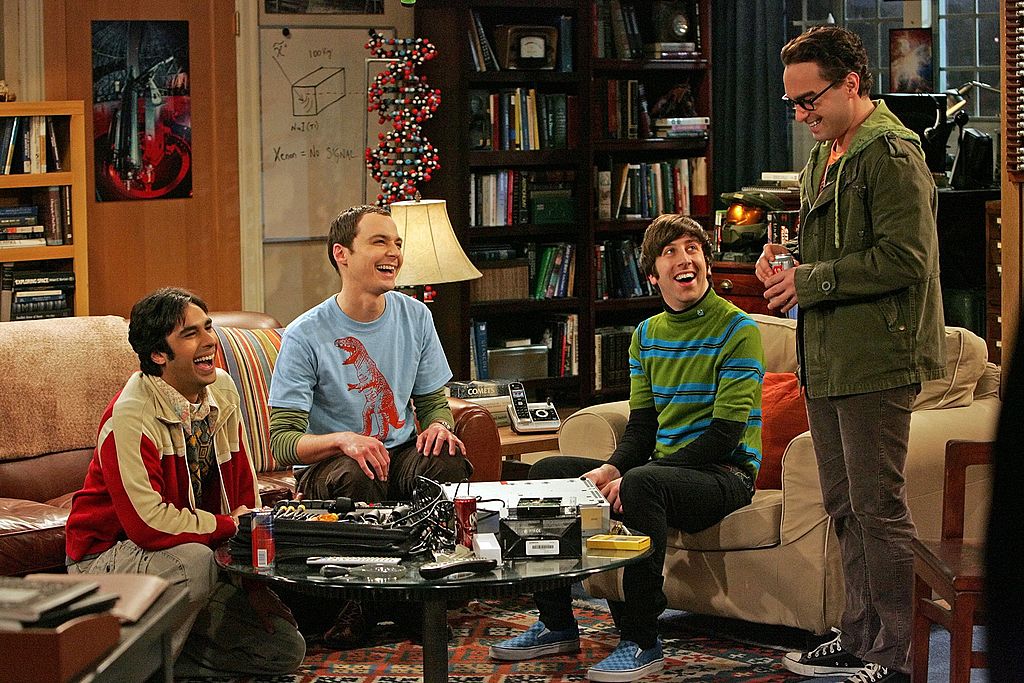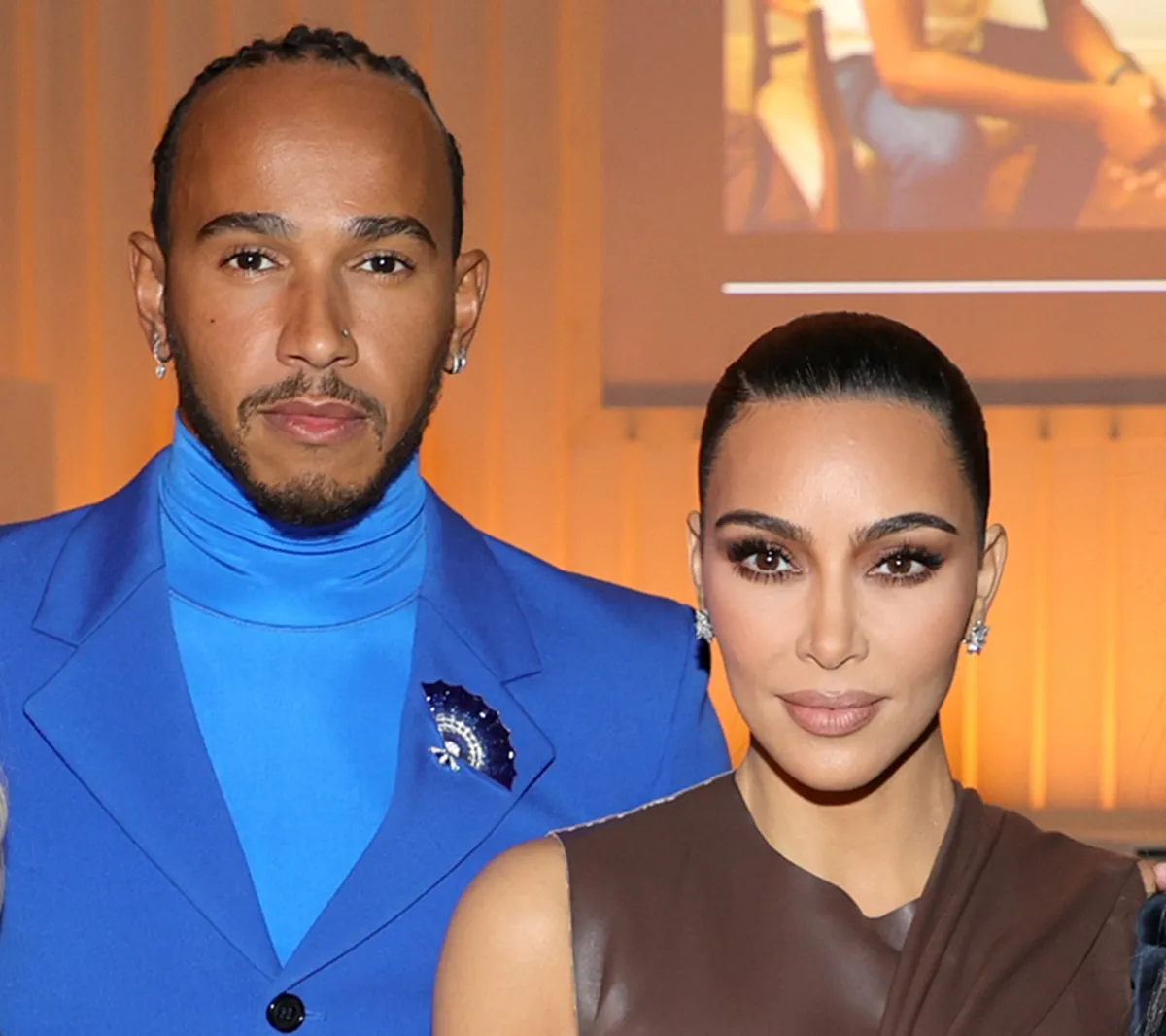How ‘The Big Bang Theory’ Got Away With Sexism for Twelve Seasons
The Big Bang Theory will finally come to a close May 16. As fans everywhere prepare to say goodbye to the characters they have come to know and love, other former viewers issue a sigh of relief.
While The Big Bang Theory is one of the most successful sitcoms currently on air, many fans feel that the writing, over the last few seasons, has grown cheap. The show was initially aimed at satisfying self-proclaimed nerds and geeks. However, as time went on, the jokes began to represent the very stereotypes people hoped the show would subvert. The Big Bang Theory has come to rely on nerd culture as a source of mockery; meaning, viewers are meant to laugh at the scientists, instead of with them.

Those who have kept up with the show – and have been following the narrative arcs religiously since the 2008 premiere – may not have noticed the sexist undertones that race through the series. However, how could you not notice sexism? According to Sarah Manavis of New Statesman America, it’s been disguised via the “unthreatening male.”
‘The Big Bang Theory’ and misogyny by way of the dork
The socially awkward scientists placed front and center in The Big Bang Theory comprise what many would consider a group of unthreatening males. Meaning, by way of their nerd status, they do not comply with the heteronormative standards and behaviors associated with typical masculinity. So, what does this mean for The Big Bang Theory? As the Pop Culture Detective explained, they get away with sexist comments and misogynistic actions on the grounds that they are “adorkable.”
When discussing The Big Bang Theory, The Pop Culture Detective stated, “It’s their status as nerdy nice guys that lets them off the hook for a wide range of creepy, entitled, and downright sexist behaviors.”
Because they are blissfully unaware of the harm that their behaviors (stalking) and words (asking women if they’re menstruating) may cause, their actions are seen as acceptable, for they “don’t know what they’re doing.” But shouldn’t they? What right do they possess to be held to a different standard?
In The New Statesman America article, Manavis references what the Pop Culture Detective labels “adorkable misogyny;” meaning, letting women handle all the chores around the house – a 1950s trope that should be rejected – is dismissed because it is humorously “adorkable” in this case. Because those propagating the damaging misogyny are of the unthreatening kin, the show argues that they pose no actual threat to progress.
If this wasn’t true, the show would not be the huge success it is today. By relying on nerd stereotypes – and society’s acceptance of them – to permit sexism, the show continues to bring in millions of viewers each episode.
Via “adorkability,” the scientists are permitted to ignore standards no one should be allowed to ignore. Many believe that the writers argue the scientists’ minds are too filled with academia to be bothered with social doctrine. What does this mean? You can’t be bothered to treat people with respect.
‘The Big Bang Theory’ and its off-screen issues concerning sexism
While the writers are doing a dandy job of reminding millions of people that it’s okay to return women to happy homemaker status (if you’re a nerd and don’t fully understand the damage), some off-screen occurrences have smudged the show’s reputation as well.
Kaley Cuoco stated that she wasn’t a feminist back in 2015, which, whether knowingly or not, implied that she was accepting of the gender pay gap in Hollywood.
Mayim Bialik was even accused of blaming Harvey Weinstein’s victims for the traumatic abuse they suffered. Not to mention, for years, two of the female leads – Bialik and Melissa Rauch – were initially paid much less than the other cast members, and are still making quite less, at approximately $425,000 per episode (while most of the others make nearly $1 million).


